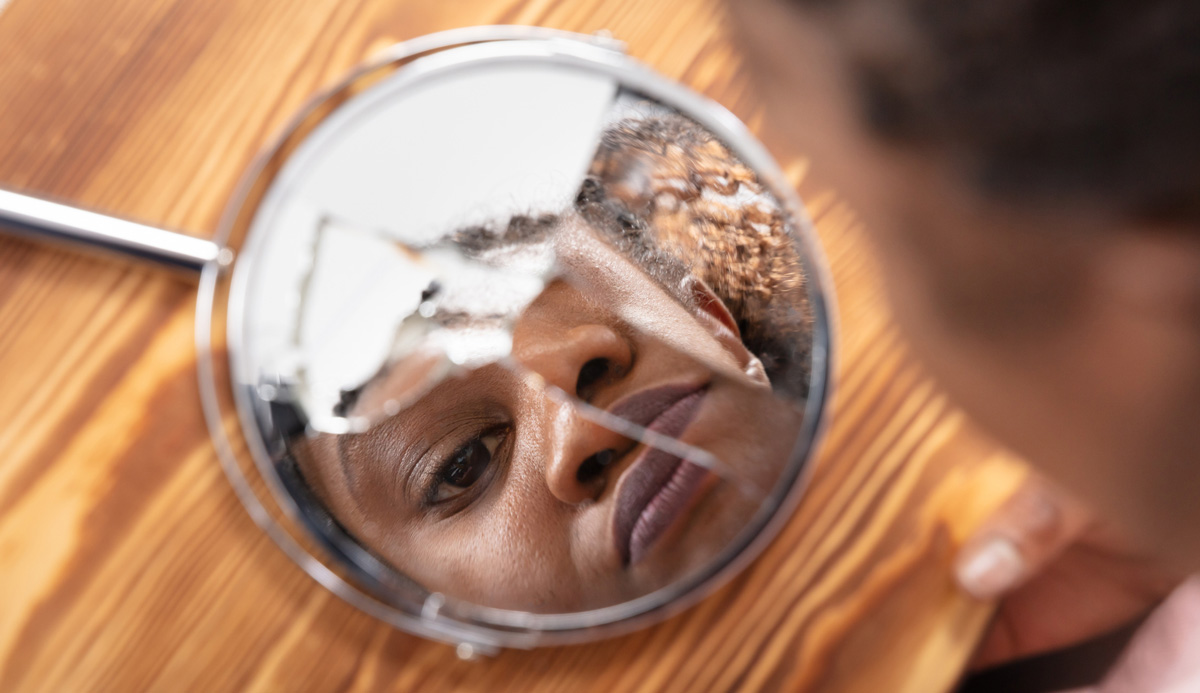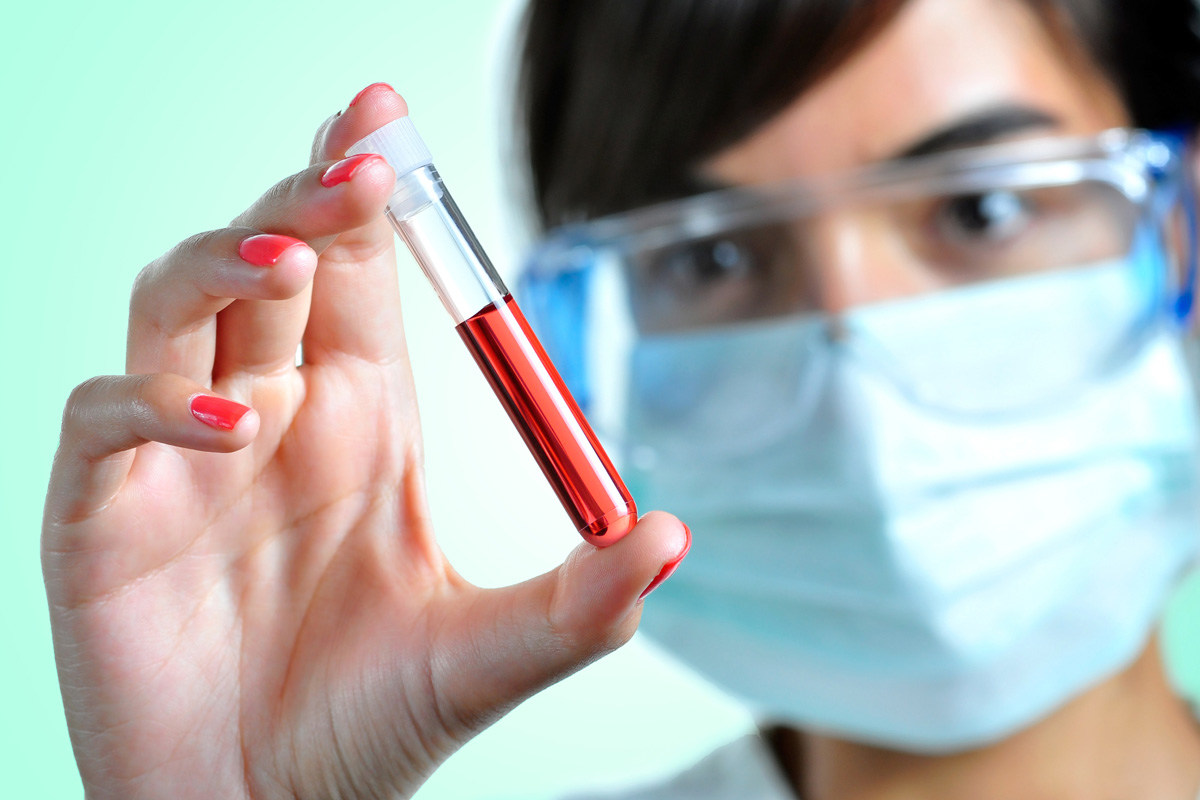
Testosterone Replacement Therapy (TRT) is a treatment typically marketed to men. However, women also produce testosterone, although in smaller amounts than men. When these levels dip below normal for women, it can negatively impact their health.
TRT can be indicated for the treatment of low testosterone in women to improve their daily lives and overall health outcomes. Many women have reported positive changes in their lives by increasing levels of testosterone.
Causes of Low Testosterone in Women
Testosterone is a hormone that does a lot for both men and women’s bodies. The pituitary gland controls how much testosterone is produced in the body. It can signal to the body that it has enough or too much testosterone, causing it to over or under produce the hormone – creating a hormonal imbalance.
There are two main reasons why a woman may have low testosterone:
- The normal aging process. Much like men, women’s testosterone levels diminish naturally with age, particularly after menopause. In some cases, low testosterone is a natural consequence of diminishing hormone levels.
- Issues with the pituitary glands or ovaries. These two organs play an integral role in the synthesis of testosterone. The pituitary gland is located in the brain, and it signals to the ovaries how much testosterone to produce. An issue with either the pituitary gland or the ovaries can affect testosterone levels.

Typical body functions can lead to the natural reduction of hormones like estrogen and testosterone over time. When a woman approaches menopause, some reductions testosterone are normal. At the same time, some women may experience more marked reductions in testosterone when taking oral estrogen medications. Ovarian dysfunction or failure (for example, from chemotherapy or radiation) can cause low levels of testosterone, as can thyroid disease and certain types of cancer.
What Does Testosterone Do for a Woman?
Though women naturally produce less testosterone than men, in small amounts, the hormone is essential in the support of several body functions. Normal, sustained female testosterone levels in women can help:
- Support the maintenance and healthy growth of bone tissue
- Increase and maintain muscle mass
- Decrease the amount of fat storage (particularly in post-menopausal women)
- Promote a healthy sex drive or libido
- Decrease the risk of vaginal atrophy
There is some research to suggest that normal testosterone levels in women can even help support cardiovascular health. As such, this is more than just a “sex hormone” – it plays an integral role in overall good health and longevity.
Too little testosterone can directly contribute to a variety of health conditions, including:
- Osteoporosis
- Obesity
- Pelvic floor insufficiency
- Depression
- Cancer
Symptoms of Low Testosterone in Women
Women with low testosterone may present with one or several symptoms. In general, low testosterone can cause:
- Muscle weakness
- Sluggishness or fatigue
- Sleep disturbances
- Weight gain
- Issues with fertility
- Irregular menstruation
- Loss of bone density
- Vaginal dryness
- Loss of libido
- Decreased sexual satisfaction
Because these symptoms present as so many other issues, low testosterone in women often goes undiagnosed. Women with low testosterone may also experience emotional symptoms like:
- Lack of motivation
- Feelings of depression
- Difficulty concentrating
- Problems with memory and cognition

What a doctor determines as low testosterone could depend on the woman’s age, health, and other issues. Testosterone plays a vital role in maintaining several body functions, appearance, and even memory and cognition. Maintaining normal, age-appropriate levels is essential for maintaining good health and a positive quality of life. Even women who experience low testosterone levels due to age may find comfort and relief from testosterone replacement therapy.
Testosterone Replacement Therapy Benefits in Women
There is promising evidence that Testosterone Replacement Therapy can have several benefits for women, such as:
A Healthier Heart
We know that low testosterone levels can increase the risk of cardiovascular issues, but can TRT help with your risk of heart disease or stroke? Evidence suggests that it might. Testosterone helps boost healthy red blood cell production, and a recent study of 83,000 men found men with low levels of testosterone who returned to normal levels decreased their risk of heart attack by 24%, and risk of stroke 36%. It’s not known if these results are generalizable to women.
Decreased Risk of Obesity
Women naturally have less muscle mass than men, and testosterone is linked to increased muscle mass. A leaner body naturally helps control weight and increases energy. TRT can help decrease fat levels while promoting muscle mass and strength.
Strong Bones
Testosterone levels are directly linked to bone density, and low T directly correlates with risk of osteoporosis in both men and women. Clinical trials show TRT can help boost bone mineral density in both the hip and spine. Additionally, studies of females transitioning into males found that TRT treatments naturally improved bone density in participants.
Possible Improvements in Cognition
There is promising research in men that shows men with higher total testosterone have a reduced risk of Alzheimer’s disease. Testosterone has also been to important thinking abilities such as improved verbal memory, processing speed, and spatial memory. Again, while this research has been predominantly on men, it is likely that it would similarly affect women.
Healthier Libido
The most promising evidence regarding TRT and women relates to libido. In both men and women, appropriate testosterone levels contribute to healthy sexual arousal and activity. Numerous studies show that testosterone replacement therapy can improve sexual performance and activity in both men and women. Boosting low T can have an almost immediate effect on your sexual health.
Better Mood
People with low T report troubling symptoms such as fatigue, irritability, and depression. TRT may be able to improve mood, well-being, and promote healthy energy levels. The natural consequence of feeling more energy can also boost moods.
Are There Risks to Testosterone Replacement Therapy?
Like any medication, testosterone replacement therapy has its risks and benefits. You should discuss all the possible side effects of taking testosterone based on your unique health history. For some people, such as those with blood clotting disorders, testosterone replacement may not be appropriate.
Some of the most common side effects of TRT include:
- Increase in acne, particularly cystic acne
- Increased urine output
- Fluid retention
- Enlargement of the breasts (gynecomastia)
- An increase in aggression
- Mood swings
This highlights the importance of discussing all medical decisions thoroughly with your doctor.

How Can Women Get Testosterone?
Currently, there are several different ways that a man or woman can receive testosterone replacement therapy. One is not necessarily better than the other; the formulation you use will depend on your physician’s recommendation and personal preferences.
Remember, the FDA has not approved testosterone preparations for use in women. This means when testosterone is prescribed, it’s for off-label use and the prescription must be filled by a compounding pharmacy.
How is Testosterone Compounded for Women?
Today, men and women have a variety of options for compounded testosterone replacement products, such as:
- Topical gels or creams
- Transdermal patches
- Injections
- Oral formulations, such as pellets and trochees
Here at the Compounding Pharmacy of America the medications we compound are bio-identical estrogens (Estradiol, Estriol, Estrone) and bio-identical testosterone. We avoid using the the synthetic derivatives that are in the commercial products as they tend to have unwanted side effects.
The Compounding Pharmacy of America Female Testosterone Order Form
Once you start testosterone replacement therapy, you will likely notice the effects within just a few days. Within a few weeks, many women report feeling increases in sexual drive, libido, performance, and mood. Additionally, people undergoing TRT have reported feeling more energetic within the first few days.

Myths of Using Testosterone Replacement Therapy in Women
Since testosterone replacement therapy is not traditionally for women, a lot of myths persist about its use. Some of the most common myths surrounding TRT for women include:
MYTH: “TRT in women can cause breast cancer.”
TRUTH: Some have posited a link between TRT and the development of breast cancer, though these have not been proven or supported.
MYTH: “Testosterone masculinizes females.”
TRUTH: For over 65 years medical journals have recognized that T effect is dose dependent and that in lower doses, T ‘stimulates femininity’.
MYTH: “TRT for men and women is the same.”
TRUTH: Since men and women have fundamentally different biology and optimum levels for testosterone, it is essential to find the right formulation and dosage based on unique factors and medical history. Because men and women require different levels of testosterone, as well as because individuals will have their own unique needs, levels must be regulated by a physician.
MYTH: “Testosterone causes aggression.”
TRUTH: Although anabolic steroids can increase aggression and rage, this does not occur with testosterone therapy. Even larger pharmacologic doses of intramuscular T do not increase aggressive behavior. In fact, in this paper referencing ‘Beneficial effects of testosterone therapy in women measured by the validated Menopause Rating Scale (MRS)’, they state that studies show testosterone therapy actually decreases anxiety, irritability and aggression
How Much Testosterone Should A Woman Have?
Even if you have a testosterone deficiency, there is such a thing as too much testosterone. To mitigate the risk of unpleasant side effects, a physician will explain how to start the dosage and how long to wait before increasing that dose. Your doctor will decide the course of action that is best for your needs.
A compounding pharmacist will make a custom formula based on your doctor’s prescription. Your doctor will have considered the other medications you are taking, your allergies, your age, height, weight, medical, and sexual history. Additionally, since every person has a different “healthy” level of testosterone, your blood work will determine the amount of mg you need to take each day.

Every woman’s body is different and has a different optimum level of testosterone. A physician can work with you and a compounding pharmacy to find the ingredients and dosage that best fits your unique medical needs, effectively mitigating risk of side effects while improving your low testosterone levels.
TRT For Women Can Help Improve Well-being
If you’re a woman suffering from female testosterone deficiency, you may be dealing with severe symptoms and not understand why. You may also have difficulty maintaining interest in sex or be fighting mood swings. Normal testosterone levels in females are essential for promoting health, from bone mineral density to overall happiness and well-being.
Testosterone replacement therapy is a safe and effective treatment for low testosterone in women, but treatment requires a careful approach. A physician may recommend TRT based on your family history and levels of low testosterone in your blood. Be sure to discuss all possible risks and benefits of TRT with your physician.
If you have symptoms of low testosterone, talk to your physician or health care provider. A simple test can reveal whether you have low testosterone. If you do have low levels of testosterone, effective treatment options and compounded medications are available.
Ask about Your Options in Compounding TRT
Chief Operating Officer, The Compounding Pharmacy of America
Matthew Poteet, Pharm.D. graduated with Honors from Lee University with a Bachelors of Science in Biological Science. After his undergraduate training, he completed the Doctor of Pharmacy program at Mercer University Southern School of Pharmacy, graduating in 2004. Dr. Poteet has spent much of his pharmacy career on staff at two of the most prestigious academic teaching hospitals in the Southeast; Emory University in Atlanta and Vanderbilt University Medical Center in Nashville. At these institutions he received extensive experience and training in sterile products compounding.
He returned home to East Tennessee in 2010, where he has held the position of Pharmacy Director at two sterile products pharmacies in Knoxville. Matthew lives in Knoxville with his wife, Chris. Dr. Poteet is Tennessee’s first Board Certified Anti-Aging Pharmacist by the American Academy of Anti-Aging Medicine.
 Subscribe to Our Newsletter
Subscribe to Our Newsletter


